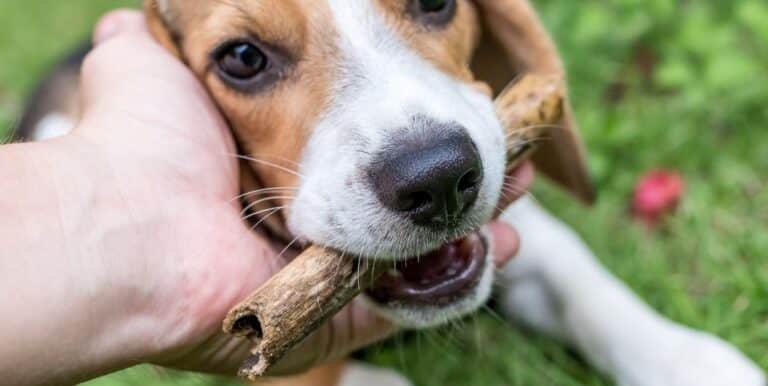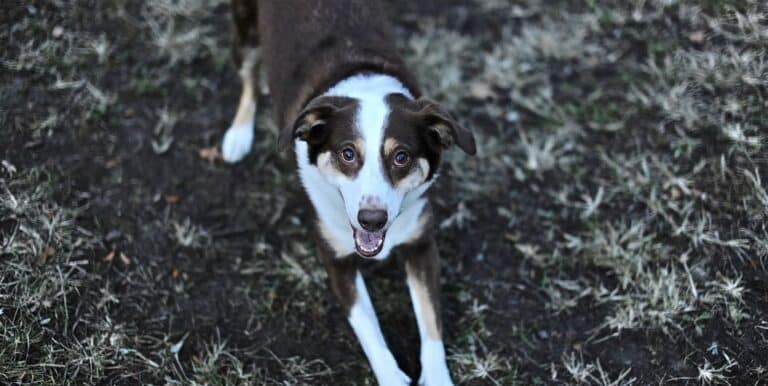What Is the Treatment for Blood in Dog Diarrhea?

Blood in dog diarrhea is not considered a normal symptom. In fact, bloody canine diarrhea often signifies an underlying health problem. Pancreatic disease, cancer, and food allergy, as well as hepatitis and intestinal problems all may be causes related to bloody diarrhea in dogs. The type of treatment for this condition depends on its cause. Owners should seek the advice of a veterinarian immediately.
Diarrhea that lasts more than a couple of days should be addressed with the dog’s veterinarian. The vet will perform a physical exam and most likely take blood tests to see if the dog has a serious health condition. Waiting too long for a veterinarian exam can potentially place a dog’s life in crisis.

The first treatment plan for blood in dog diarrhea that a veterinarian will aim for is to help stop the diarrhea in the first place. If an underlying condition is suspected, the vet will likely recommend an antibiotic. These medications can come in either liquid or tablet form. The veterinarian will ensure that the owner knows how to give the medication properly before leaving the office.
Blood test results often take a few days to return. Once the veterinarian receives these, he might detect that there is a more serious problem with the dog that causes the bloody diarrhea. In such cases, a stronger medication may be required. Surgery might be a necessary measure for instances of rectal cancer, intestinal worms, or pancreatic disease.

Food allergies are another common cause of blood in dog diarrhea. When the dog receives a blood test, the veterinarian will have the lab check for certain allergens. This is based on the dog’s diet that is relayed to the vet by the owner. If an allergy is suspected, certain foods will need to be eliminated from the dog’s diet to reduce the incidence of bloody diarrhea.
Blood in dog diarrhea is often chronic. Excessive diarrhea can cause rapid weight loss, as well as deficiencies in nutrients such as protein. A veterinarian will likely recommend a low-fat diet for a canine with bloody diarrhea. This will help to balance out the intestinal tract while delivering much needed nutrients to a recovering dog.
No matter what the original cause of blood in dog diarrhea, this condition can also cause dehydration. Ample water should be given to a recovering dog. A veterinarian might also recommend a beverage with electrolytes. Canine owners should consider decreasing the amount of activity their dogs get during recovery. Over-exercising can increase the risk of dehydration.






